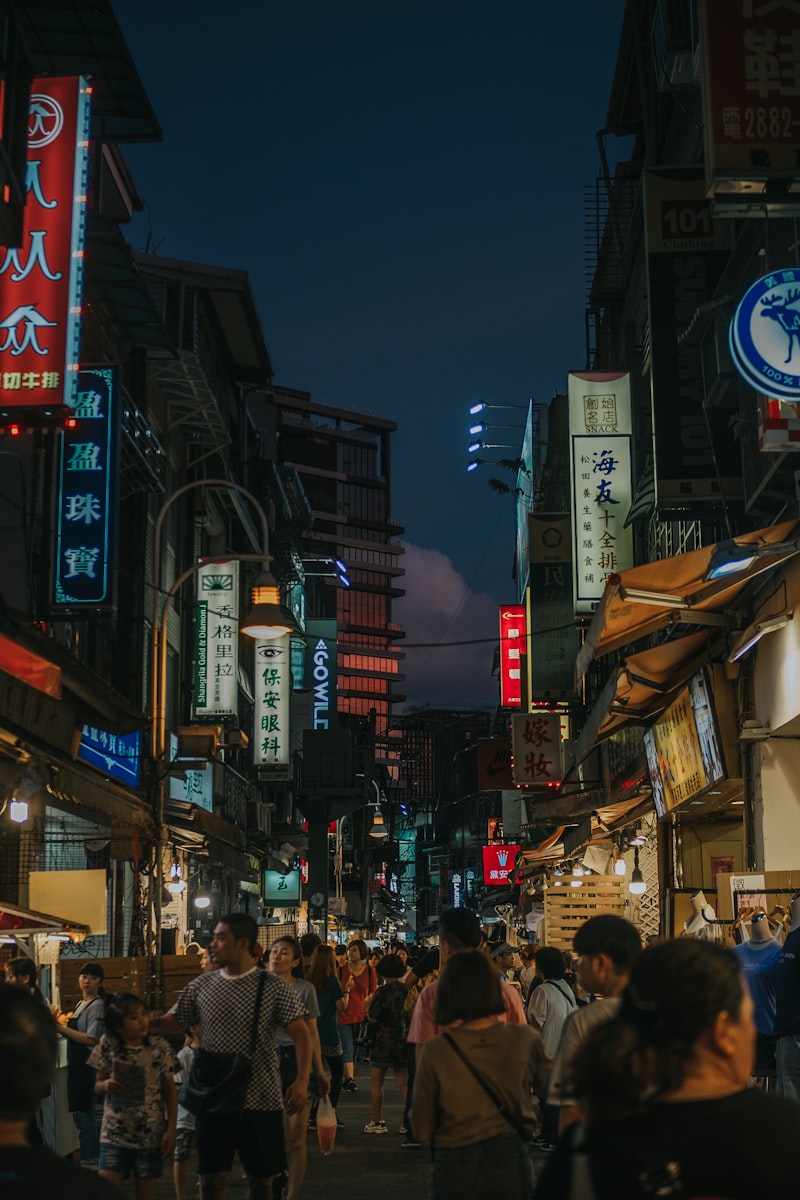The East Asian Miracle: Where Did Adam Smith Go Wrong?
Posted by Masoud Movahed on
January 20, 2025
Comments Off on The East Asian Miracle: Where Did Adam Smith Go Wrong?
Category: Public Sociology Writings
To explain economic development, the starting point is often Adam Smith’s The Wealth of Nations, which is taken to explain almost all modern economic growth. The long-standing Smithian paradigm, which posits that the development of trade and the division of labor unfailingly bring about economic growth, continues to provide the dominant foundations of most economic development theories. Smith attributed economic growth to a “natural propensity” in human nature to maximize wealth or what he called
Nuclear deal could unleash Iran’s economy
Posted by Masoud Movahed on
January 20, 2025
Comments Off on Nuclear deal could unleash Iran’s economy
Category: Public Sociology Writings
After almost 15 years of intermittent negotiations, Iran and the P5+1 group of six major world powers have reached a framework agreement on Iran’s nuclear program. The deal couldn’t have come soon enough for the Iranian economy, which has been crippled by sanctions imposed by the U.S. and the United Nations. At the same time, state oil revenues are shrinking every day, and unemployment and inflation have soared to levels not seen since the catastrophic
Swimming Against the Tide: The Robust Role of the State in the Era of Knowledge-Based Economy
Posted by Masoud Movahed on
January 20, 2025
Comments Off on Swimming Against the Tide: The Robust Role of the State in the Era of Knowledge-Based Economy
Category: Public Sociology Writings
Masoud Movahed is a doctoral candidate at the University of Wisconsin-Madison. He contributes to, among others, Foreign Affairs, Harvard International Review, Yale Journal of International Affairs, World Economic Forum and Al Jazeera English. There have been numerous growth models presented by economists since the early emergence of capitalism as a new form of organizing economic resources. Broadly, the growth models can be divided into three main categories: 1) the Smithian theories of development that place
A Wake-up Call to Rouhani
Posted by Masoud Movahed on
January 20, 2025
Comments Off on A Wake-up Call to Rouhani
Category: Public Sociology Writings
The post-revolutionary state in Iran is an intriguingly complex political system. Constituted of a series of composite institutional arrangements with competing roles, the Iranian state is a hybrid of both democratic and theocratic institutions. Presidential elections, however constrained by the theocratic components of the political system, determine who will seize the halls of power. Since 2013, Iranian President Hassan Rouhani—who has much more in common with the reformists than the conservatives—won elections twice. During both
Rebooting Iran’s Economy: What Tehran Needs to Do to Fix its Finances
Posted by Masoud Movahed on
January 20, 2025
Comments Off on Rebooting Iran’s Economy: What Tehran Needs to Do to Fix its Finances
Category: Public Sociology Writings
he deal between Iran and the P5+1 powers could not have come sooner for the Iranian economy, which has been crippled by some of the twenty-first century’s strictest economic sanctions. The United Nations Security Council’s trade embargoes against Tehran caused the state’s oil revenues to shrink daily, and made Iran’s national currency devalue by almost 80 percent. Unemployment and inflation simultaneously soared to unprecedented levels, and the Iranian economy plummeted to pre-sanctions levels. Iranian President Hassan Rouhani has managed to jump-start a modest economic recovery

